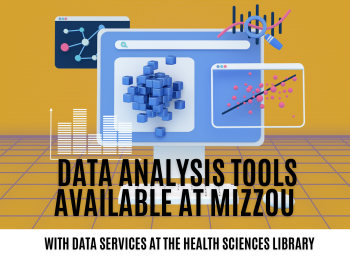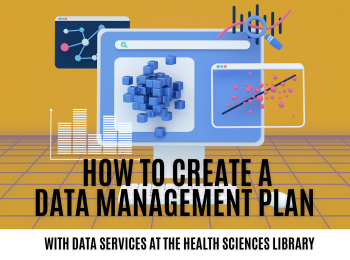The National Library of Medicine (NLM) announces the relaunch of the NLM Dataset Catalog, a centralized, searchable platform designed to connect researchers with a vast array of biomedical datasets from multiple repositories, thus accelerating scientific research. Powered by NLM’s Dataset Metadata Model (DATMM), researchers can now effortlessly explore over 2 million biomedical datasets in one centralized location and uncover data interconnections within the broader biomedical ecosystem.
Please visit the NLM Dataset Catalog for more information or reach out to your MU Medical Librarians if you have questions.


